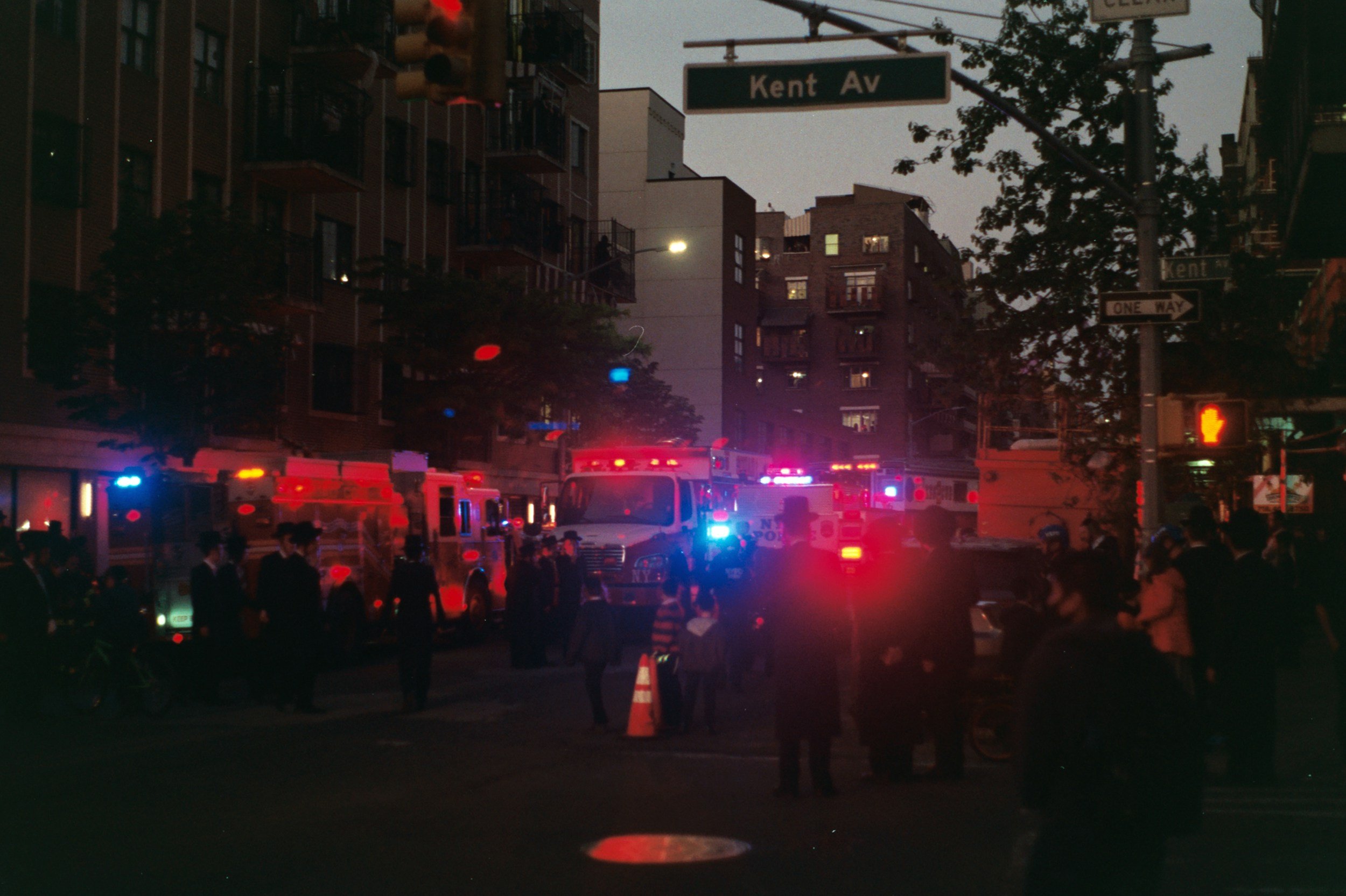
First Responders
A Therapist Who Has Gone the Extra Mile to Understand You.

First Responder Therapy
First responders encounter traumatic and high-stress situations as part of their job that can take a significant toll on their mental health. They are often the first on the scene of accidents, natural disasters, violent crimes, and medical emergencies, exposing them to intense emotional and physical demands. Over time, repeated exposure to trauma can lead to conditions like post-traumatic stress disorder (PTSD), anxiety, depression, and burnout. Therapy provides a crucial outlet for first responders to process these experiences, build coping strategies, and maintain their emotional resilience. Supporting their mental health not only helps them lead healthier lives but also enables them to continue performing their critical roles effectively.
Here are some common reasons responders such as yourself come to see me:
That one call…you know the one. The one that kept you up after the one that should have kept you up didn’t.
Your spouse has said that if you don’t talk to someone your relationship might not survive.
You’ve stopped enjoying the things you usually enjoy in life.
You’re noticing you’re losing your temper more quickly and unable to reset.
You’ve found yourself taking unhealthy/unsafe risks.
You’re using substances more. You had more beers at the cookout than you wanted or intended.
You’re not sleeping or you’re having interrupted sleep.
The Numbers
Depression and anxiety are 5 times more likely in first responders than the general population.
Law enforcement and firefigthers are more likely to die by suicide than in the line-of-duty.
About 987 responders have (reportedly) died by suicide since between 2020 and July 2025. (First HELP)
Around 30% of responders develop behavioral health conditions such as depression, anxiety and PTSD. (SAMHSA)
More than 80% of first responders experience traumatic events on the job.
EMS providers are 1.39 times more likely to die by suicide than the public. (Center for Disease Control)
Between 17% and 24% of public safety telecommunicators have symptoms of post-traumatic stress disorder (PTSD). (Center for Disease Control)
Read the Ruderman White Paper Update on Mental Health and Suicide of First Responders HERE.
See the full data published by First HELP here.

Wellness Visits
COMING SOON mid-late 2025
I am expanding my service offerings to include annual wellness visits. Consider this the preventative maintenance for your brain. You don’t have any maintentance lights on yet necessarily but you’ve been running for decades without being checked.
This will be different from individual therapy in that we will take one session to take a look at what things you think are going well and what things you might want to try to make improvements on. We will not dig in to start doing these things but we might look at factors that are already in place to support the goals you want to achieve as well as hurdles getting in the way of your achieving them. If there are mental health concerns I might recommend that you consider therapy and that may or not be with me.
How an annual wellness visit might help you:
Establish your baseline functioning. It’s easier to know where you’re going if you know where you’re starting.
Gain insight into your overall functioning and areas to improve upon.
Help identify ways to build resilience and manage any number of stressors with a clinician that is trained to be aware of the unique stressors facing first responders.
Identify areas that you might want to pay attention to such as risk factors that might not be particularly problematic today that should they continue unchecked could become problematic later.





